Back to Courses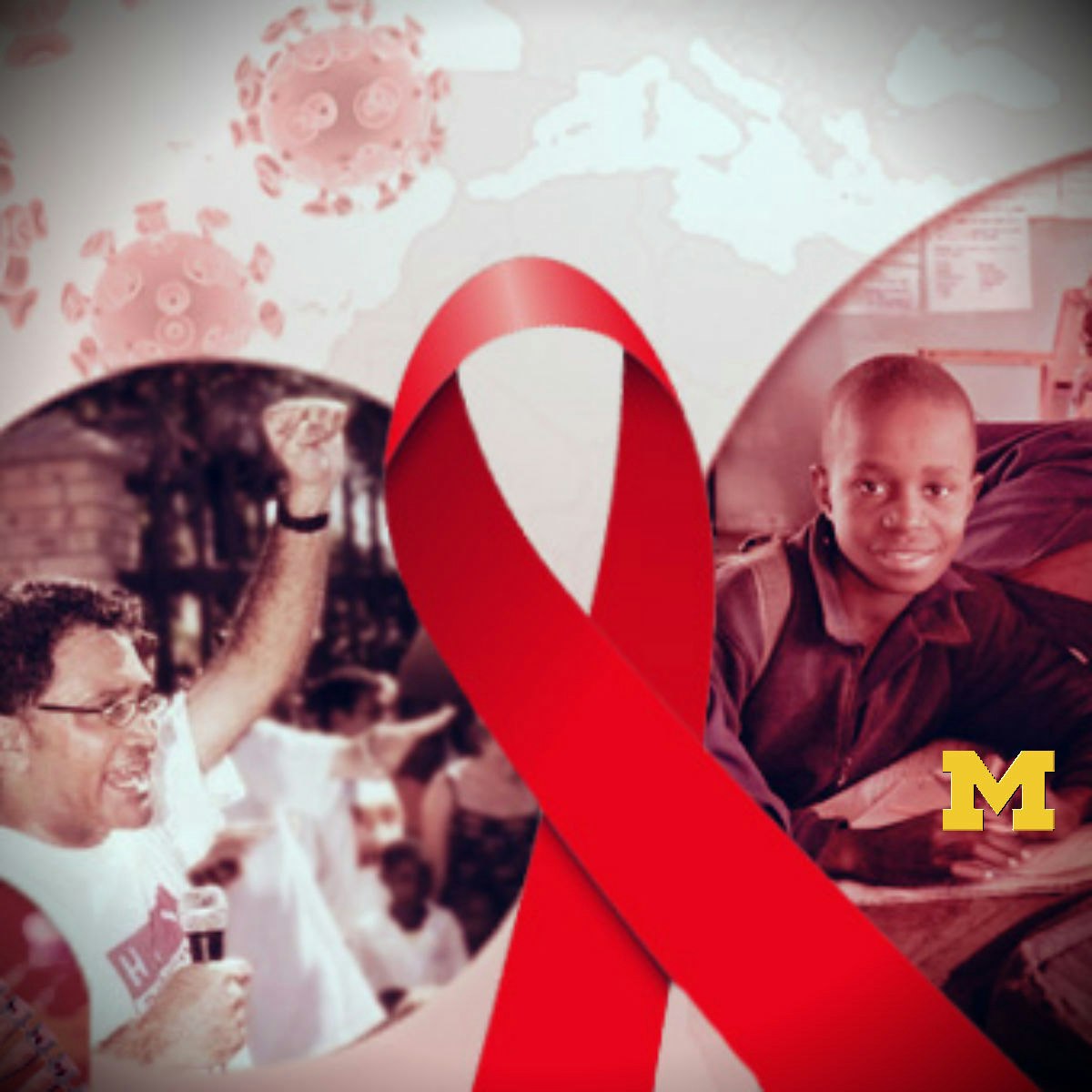


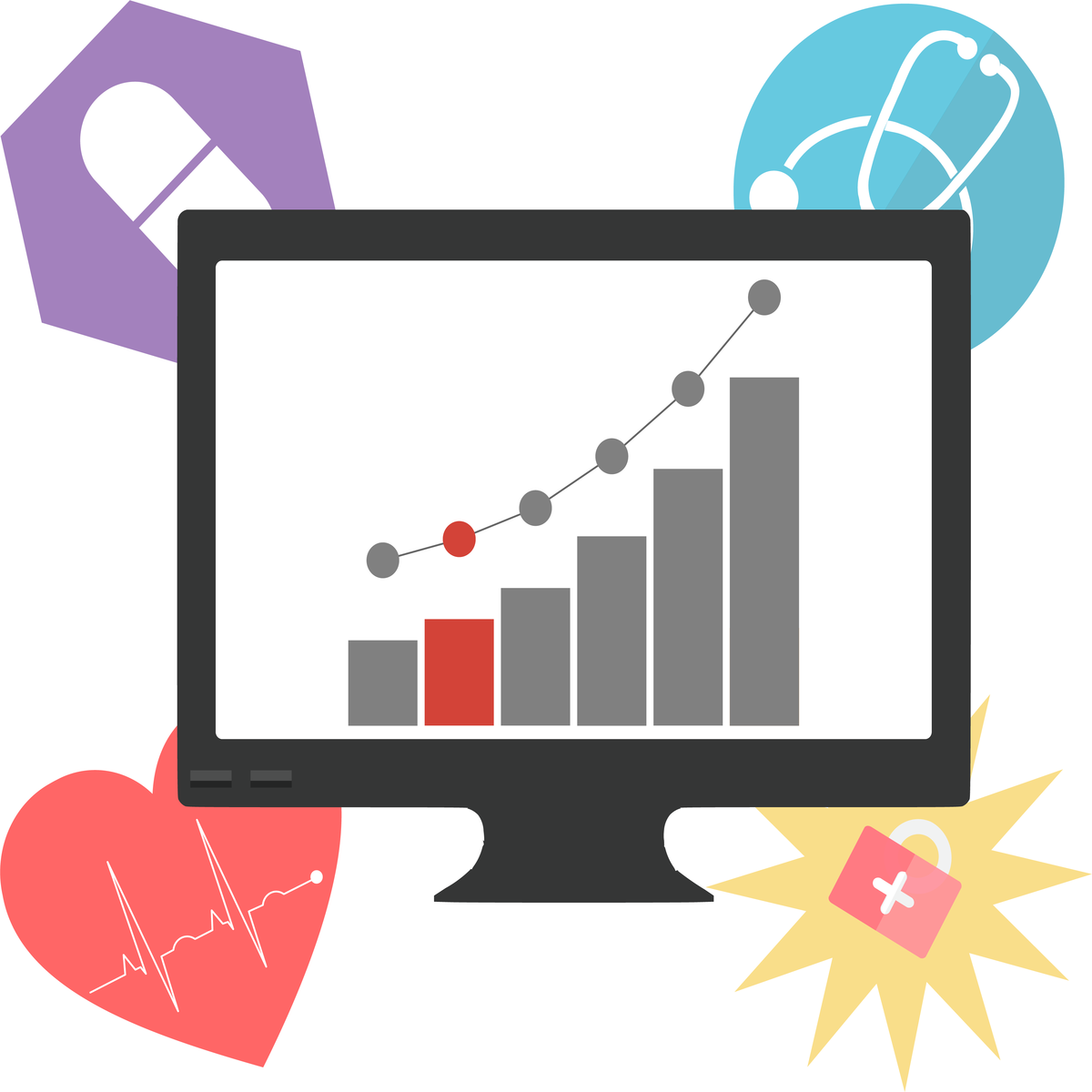


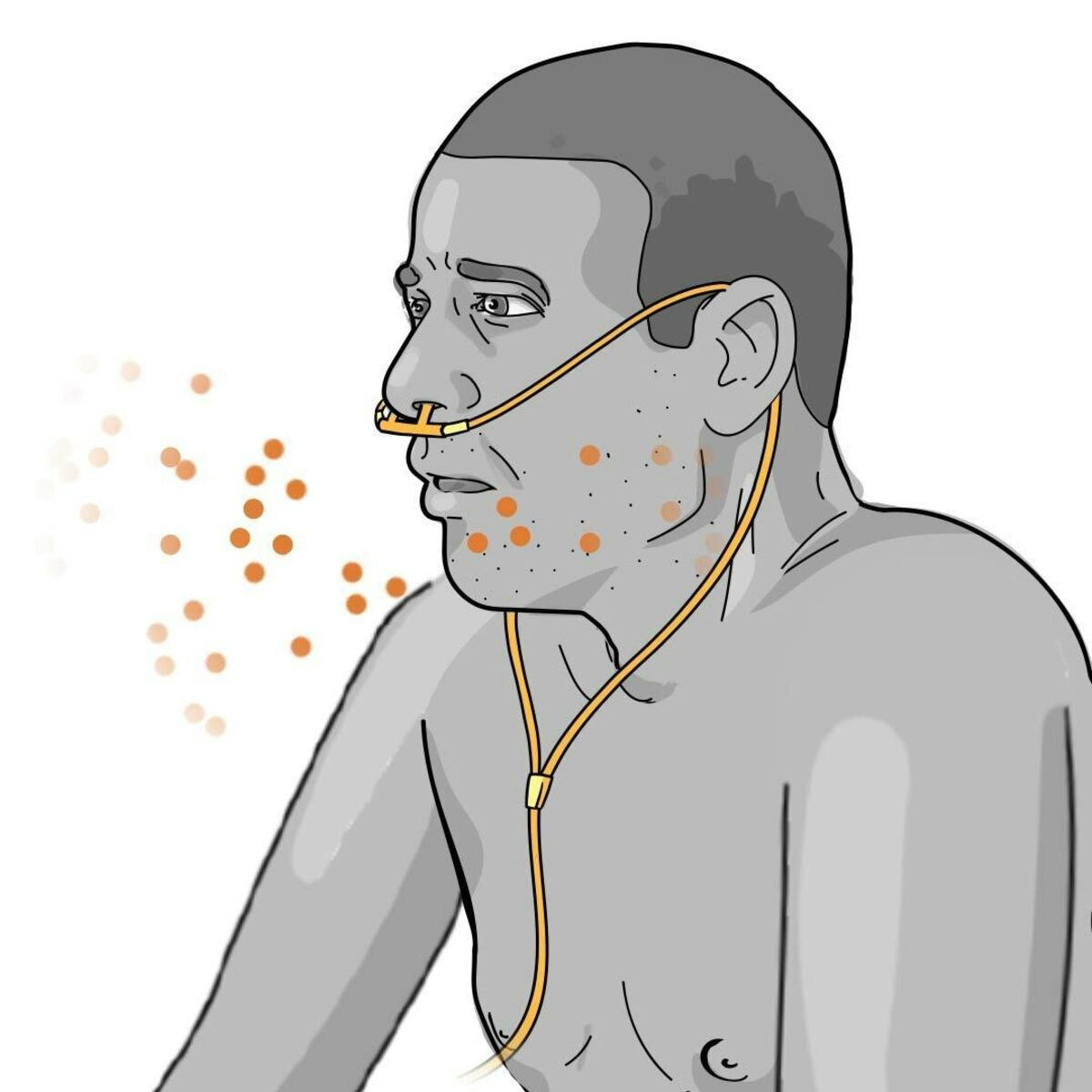
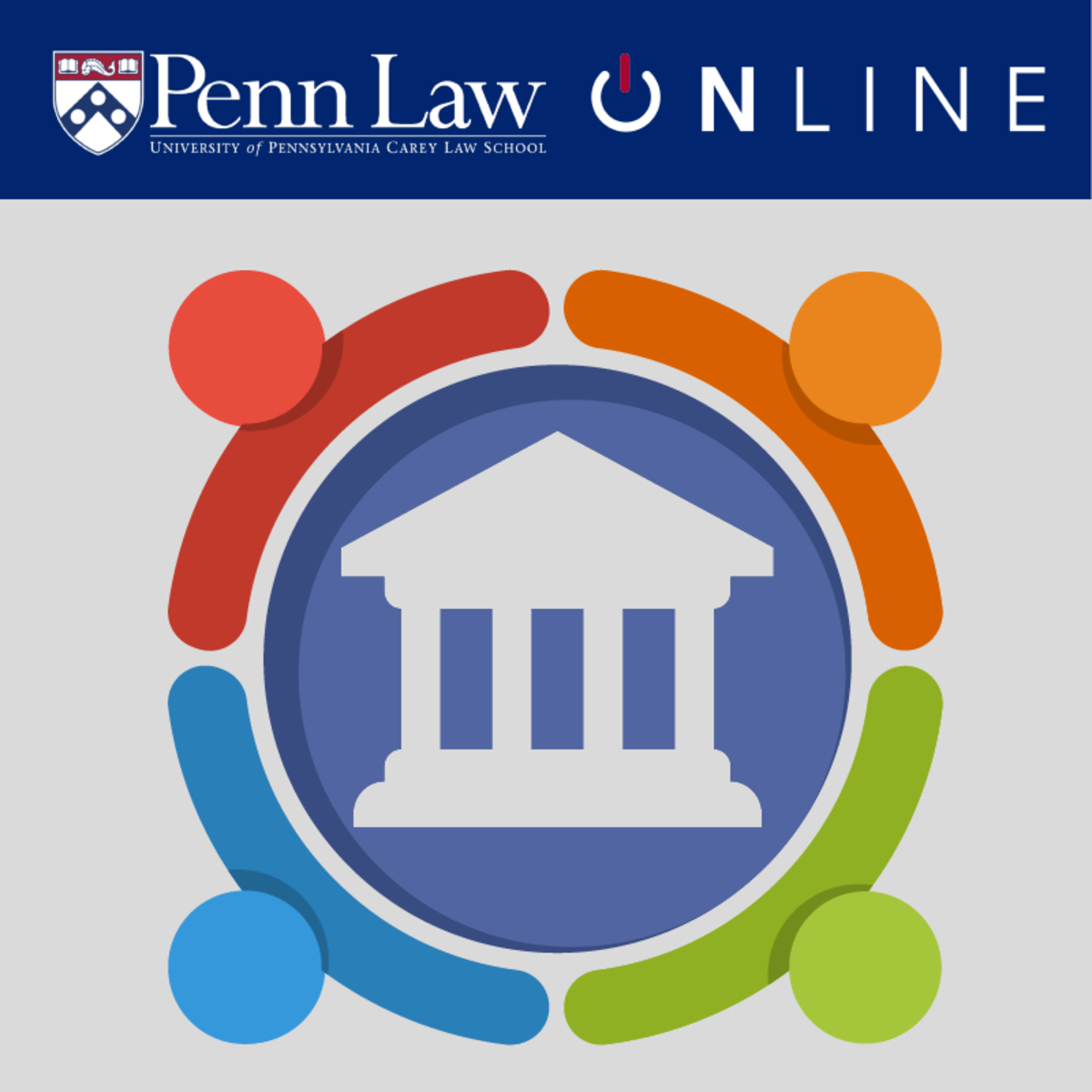

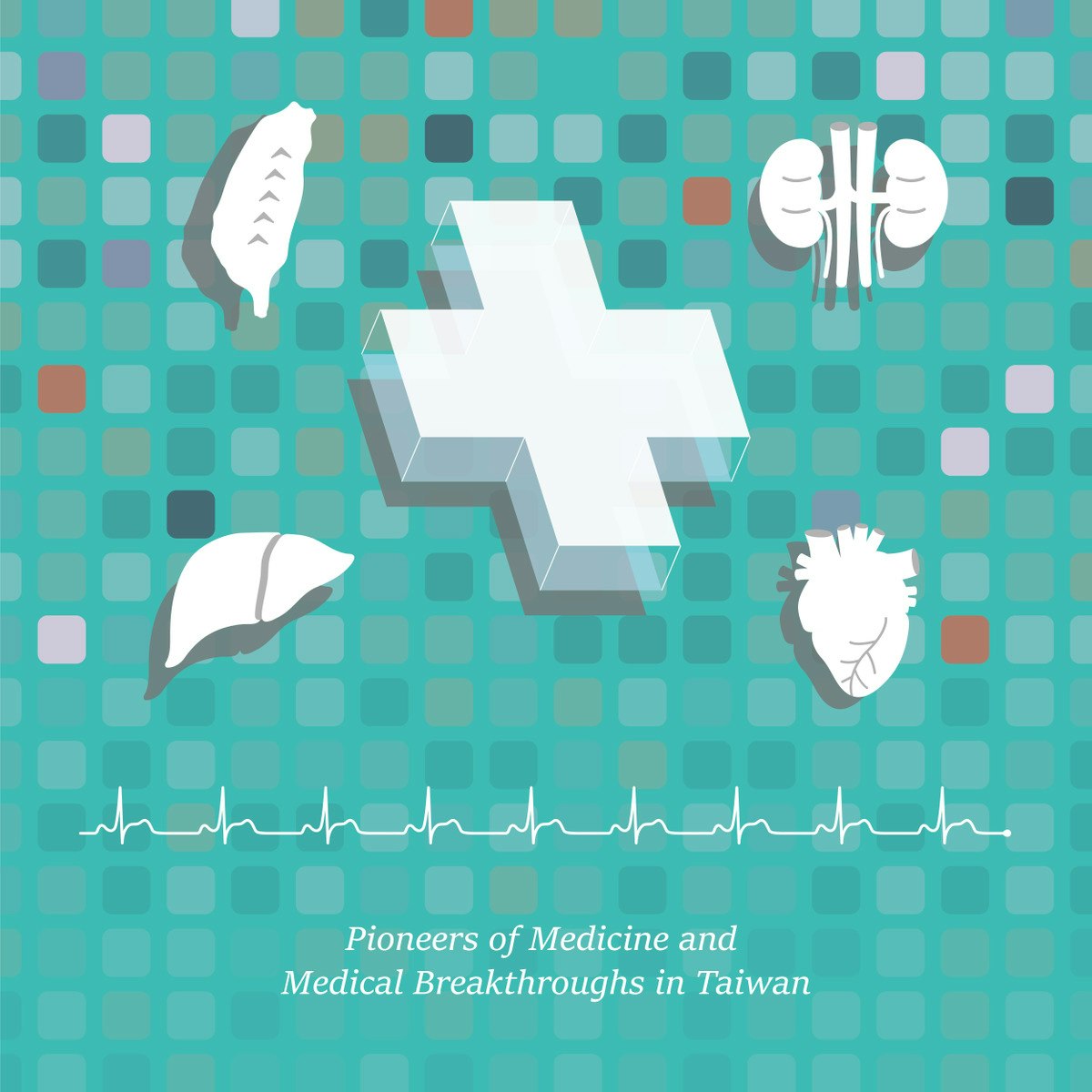
Life Sciences Courses - Page 25
Showing results 241-250 of 644

AIDS: Fear and Hope
The basic biology of the virus, HIV, and the disease it causes, AIDS. The economic, social and political factors that determine who gets sick and who remains healthy, who lives and who dies. The progress of scientific research and medical treatments. The reasons for hope; the reasons for fear. (To get a glimpse of some of the materials that students have been posting on the course forums, go to @AIDSFAH or #AIDSFAH.)

The Career Design Lab: Change your Job, Change your Life
If your work isn’t fulfilling, now is the time to change direction and design a life you love. This course is for people at any life stage who want a job they enjoy and a career aligned with their values. If you’re languishing at work or feel like quiet quitting is your only option, why not change careers and flourish professionally?
University of California Santa Cruz life design educator Remy Franklin will guide you through the career design process from start to finish in 4-8 weeks. You will define what is important to you in life, discover your core strengths and values, sketch out several possible career paths, and learn authentic networking strategies to help you find your next professional opportunity. Along the way, you will learn insights from design thinking, positive psychology, and career coaching that will help you maintain a positive mindset and make progress with your job search. If you’re ready to change jobs and change your life, this is the course for you.

Introduction to Abnormal Psychology
This course presents an overview of the major domains of abnormal psychology. The course is made up of 5 modules, the first of which provides an introduction to the field through discussions of the concept of psychological abnormality, assessment and classification, and the major models in use for understanding psychological abnormality. The remaining four modules provide overviews of major domains of abnormal psychology, including mood disorders, anxiety disorders, stress and trauma-related disorders, and schizophrenia spectrum disorders. Lectures within each of these modules address symptoms and behaviors, epidemiology, causal theories, treatment interventions and multicultural findings and considerations.
The course also seeks to assist participants with becoming more adept at noticing when a family member, friend, or colleague may be experiencing psychological distress, as well as develop the comfort level required for initiating an empathic, compassionate conversation with a person of concern. Toward this goal, the last lecture of each module is dedicated to the topic “Foundations of Empathy.”
This course is not designed to assist participants with resolving their own experiences of psychopathology, nor it is intended to prepare participants to act as psychotherapists for distressed individuals in their personal lives.

Clinical Data Models and Data Quality Assessments
This course aims to teach the concepts of clinical data models and common data models. Upon completion of this course, learners will be able to interpret and evaluate data model designs using Entity-Relationship Diagrams (ERDs), differentiate between data models and articulate how each are used to support clinical care and data science, and create SQL statements in Google BigQuery to query the MIMIC3 clinical data model and the OMOP common data model.

HPV-Associated Oral and Throat Cancer: What You Need to Know
Welcome to HPV-Associated Oral and Throat Cancers: What You Need to Know
This course, offered by the Department of Otolaryngology – Head and Neck Surgery at the Icahn School of Medicine at Mount Sinai, is designed to inform primary care physicians and otolaryngologists (general and head and neck surgeons), as well as medical students, residents, nurses, physician assistants, medical assistants, about HPV-associated oral and throat cancers. It is also applicable to individuals who wish to broaden their knowledge and vernacular about this disease process, especially those who may have been diagnosed with HPV and/or HPV-associated oropharyngeal cancers. The course has been divided into four modules, each of which is followed by multiple choice questions to help attendees further understand this condition:
Week 1 - CME Information, Accreditation and Introduction (2 min)
Week 2 - Module 1: HPV-associated Throat Cancer: An Epidemic (11 min. + quiz)
Week 3 - Module 2: HPV Risk Factors and Clinical Presentation (10 min. + quiz)
Week 4 - Module 3: Management of HPV-associated Oropharyngeal Cancer (13 min. + quiz)
Week 5 - Module 4: Prevention, Vaccination, and the Horizon (10 min. + quiz)
The primary objective of this course is to provide physicians with a thorough understanding of how to better diagnose and treat patients who have HPV-related oral and throat cancers.
Note: This course is no longer available for CME Credit.
Please review the CME Information and Accreditation prior to proceeding with the course modules.
Release Date: February 4, 2019
Expiration Date: February 4, 2021
Estimated Time to Complete: 1 hour
CME Fee: $30
CME Credits Offered: 1.0
CME Reviewer: Marita S. Teng, MD
How to Receive CME Credit:
For physicians who are interested in earning CME credits and other allied health professions who wish to receive a Verification of Attendance certificate, you must:
a. Complete Signature Track (details to follow after enrolling in this course)
b. Complete registration process through the Icahn School of Medicine at Mount Sinai, CME Office using the following link:
https://mssm.cloud-cme.com/default.aspx?EID=4177&P=3000&CaseID=78 (WARNING: This course is no longer available for CME Credit.)
(You will be required to pay an additional non-refundable fee of $30.00 in addition to the $49.00 fee for signature track.)
c. Email an attached copy of your Verified Certificate from Coursera to the CME office at the Icahn School of Medicine at cme@mssm.edu and request your CME certificate.
d. You will be provided with the instructions for downloading your CME/CE certificate.
Course Planners
Lynette Bobbitt
Lisa Chase
Eric M. Genden, MD
Jill Gregory
Gale Justin
Paul Lawrence
Carter Lim
Erik Popil

Mindfulness and Well-being: Foundations
This course provides a broad overview of the fundamental concepts, principles, and practices of mindfulness. With interactive exercises to help students explore their own attitudes, mental habits and behaviors, Foundations of Mindfulness offers a pathway for living with more freedom, authenticity and ease. Featured components of the course include experiential exercises, guided meditations, personal reflection and interactive discussions.

Formation COVID-19 pour personnels de santé
La COVID-19 se propage rapidement à travers le monde, et l’ensemble des personnels de santé doit être prêt à identifier, stabiliser et traiter les patients atteints de la nouvelle infection par le coronavirus. Après avoir effectué ce court programme, les médecins, infirmiers ou infirmières et autres professionnels de santé utiliseront une approche commune et factuelle pour sauver la vie de patients atteints de COVID-19, y compris de ceux qui sont gravement atteints.
Les modules d’enseignement sont divisés en courtes vidéos, qui sont présentées de façon illustrée et convaincante. Le cours est adaptable à votre propre rythme, et les personnels de santé peuvent planifier leur apprentissage en fonction de leur emploi du temps. Parmi les sujets abordés, on trouve les symptômes et les signaux chez les patients atteints de COVID-19, la stabilisation précoce des patients, comment éviter l’intubation, ainsi que l’utilisation et la gestion du ventilateur. Les meilleures données probantes ainsi que consignes sont résumées, et des documents d’accompagnement récapitulent les enseignements essentiels et proposent des liens vers les ressources en ligne. Des infographies simples sont à la disposition des personnels de santé dans les centres de soins, afin de les former et de promouvoir des traitements optimaux au sein de leur établissement.
Pour davantage d’information sur nos autres programmes et pour consulter d’autres ressources, veuillez suivre les liens Stanford Emergency Medicine International (https://emed.stanford.edu/specialized-programs/international.html), The Stanford Center for Health Education (https://healtheducation.stanford.edu/), et notre initiative médecine digitale (https://digitalmedic.stanford.edu/our-work/covid-19-resources/).
Certification
La Faculté de Médecine de l’Université de Stanford est certifiée par le Conseil d’Accréditation pour la Formation Médicale Continue (ACCME) pour offrir une formation médicale continue aux médecins.
Crédits de formation
La Faculté de Médecine de l’Université de Stanford a attribué à ce contenu didactique pérenne un maximum de 5 AMA PRA Category 1 Credits™. Les médecins ne doivent réclamer que les crédits correspondant au pourcentage de leur participation à l’activité.
Si vous souhaitez obtenir des crédits en formation médicale continue de la Faculté de Médecine de l’Université de Stanford pour avoir assisté à ce cours, veuillez prendre connaissance des informations ci-jointes avant de commencer cette activité.

U.S. Health Law Fundamentals
This course explores how statutes, regulations, common law, and market forces help or hinder three major goals of policy makers: increasing access, reducing cost, and improving quality. We will examine the Supreme Court’s rulings on the ACA and other legal aspects of modern health care reform. Learners who successfully complete this course will be able to describe the laws, regulations, common law and market forces that shape our health care system and identify areas where ideas and innovation are needed; explain the malpractice system and how it influences medical practice; and analyze legal aspects of the ACA.

Computing for Cancer Informatics
One of the key cancer informatics challenges is dealing with and managing the explosion of large data from multiple sources that are often too large to work with on typical personal computers. This course is designed to help researchers and investigators to understand the basics of computing and to familiarize them with various computing options to ultimately help guide their decisions on the topic. This course aims to provide research leaders with awareness and guidance about:
Basic computing terminology
Concepts about how computers and computing systems work
Differences between shared computing resources
Appropriate etiquette for shared computing resources
Computing resources designed for cancer research
Considerations for computing resource decisions
Target audience:
This course is intended for researchers (including postdocs and students) with limited to intermediate experience with informatics research. The conceptual material will also be useful for those in management roles who are collecting data and using informatics pipelines.
Curriculum:
We will provide you with familiarity with fundamental computing terms. We will also discuss relevant concepts about how computers and shared computing resources work. We will explore the differences between various computing resource options, as well as provide guidance on how to make important computing discussions.
This course is part of a series of courses for the Informatics Technology for Cancer Research (ITCR) called the Informatics Technology for Cancer Research Education Resource. This material was created by the ITCR Training Network (ITN) which is a collaborative effort of researchers around the United States to support cancer informatics and data science training through resources, technology, and events. This initiative is funded by the following grant: National Cancer Institute (NCI) UE5 CA254170. Our courses feature tools developed by ITCR Investigators and make it easier for principal investigators, scientists, and analysts to integrate cancer informatics into their workflows. Please see our website at www.itcrtraining.org for more information.

Pioneers of Medicine and Medical Breakthroughs in Taiwan
Through ages, doctors and scientists have worked hard to fight against different diseases, but it is not easy to find the effective way to deal with them. However, it is a lot faster and easier to approach new problems nowadays with the help of past experience and modern technology. In this course, we are going to show you some common diseases and its current management. At the same time, we will also show you how modern medicine has developed and what breakthroughs are specially made in Taiwan.
Popular Internships and Jobs by Categories
Find Jobs & Internships
Browse
© 2024 BoostGrad | All rights reserved